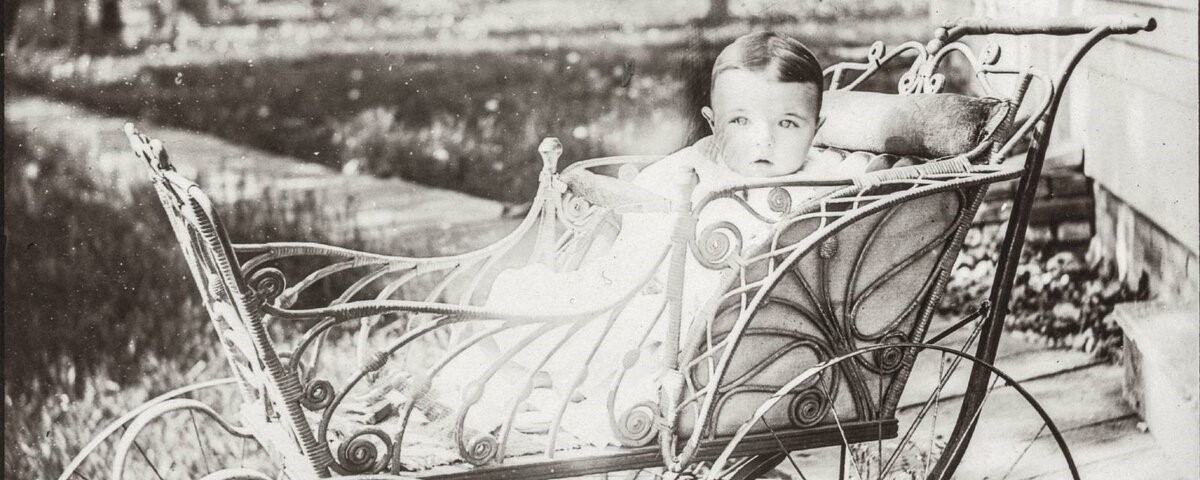Why don't we have baby memories
From the most exciting moment of life – from the day of birth - to the nursery, most people do not remember anything from the first years of their lives. Even after the very first memory, others remain rare, intermittent, until some point in childhood. Why is this happening?
This "hole" in the records of our lives has frustrated parents and baffled psychologists, neuroscientists, and linguists for decades. It was one of the passions of the father of psychotherapy, Sigmund Freud, who coined the term "infantile amnesia" more than 100 years ago.
Part of the puzzle is that children absorb information like a sponge, forming about 700 new neural connections per second and demonstrating language learning skills that would be the envy of the best polyglot. Recent research suggests that they begin to train their brains while still in the womb.
But even adults lose information that they don't try to access. So one explanation for infant amnesia is the result of a natural process of forgetting that occurs throughout life.
Our culture can also influence how we talk about memories, and some psychologists believe that memories only come when we master speech. "Language helps to create structure, organization of memory, presentation. When you create a story, the experience becomes organized and easier to remember over time, " says Fivash. But some psychologists are skeptical that it makes any difference. For example, in children who are deaf from birth and grow up without sign language, the age of the first memories does not differ from others.
On this basis, we can assume that we can not remember the first years of life, because the brain simply did not have time to develop the necessary equipment for this. The explanation of the phenomenon appeared thanks to the most famous person in the history of neuroscience, who is simply called HM. After a botched operation to cure his epilepsy, during which his hippocampus was damaged, HM was unable to form memories for any new events. "This is the center of our learning and memory capabilities. If it wasn't for the hippocampus, I wouldn't be able to remember this conversation," says Jeffrey Fagen, who studies memory and learning at St. John's University. John.
Perhaps, at a very early age, the hippocampus is not sufficiently developed to build a complete memory of the event. Baby rats, monkeys, and humans continue to add new neurons to the hippocampus for the first few years of life, and we all fail to create lasting memories in infancy. And, apparently, as soon as we finish forming new neurons, we suddenly acquire this ability. "In infants and young children, the hippocampus is underdeveloped," says Fagen.
But are our memories lost due to an underdeveloped hippocampus, or are they not formed at all? Since childhood events can affect our behavior long after we forget them, some psychologists believe that they should be stored somewhere. "Memories may be stored in an inaccessible place, but it is very difficult to demonstrate this empirically," Fagen suggests.
Even if your memories are based on real events, in hindsight they are most likely reshaped and altered through memories embedded later in conversations. The time you decided to turn your sister into a zebra with a marker? That's what you saw on the video. The third birthday cake that your mom made? Your older brother told you about it.
Perhaps the biggest mystery is not why we can't remember our childhood,but whether we can even believe our memories.
The material was selected by Nikolai Merzlyakov.


